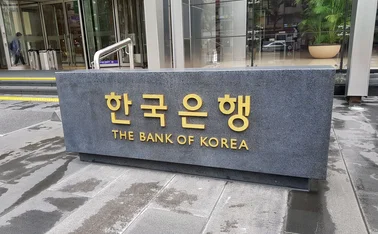
Paper examines EM response to global liquidity shocks
Emerging markets reduce rates and increase reserves in the face of positive liquidity shock

In response to positive global liquidity shocks, emerging market economies “mainly curtail” a shock’s impact via external defences, rather than letting it spill into their real economies, International Monetary Fund research has concluded.
In their paper Global Liquidity Transmission to Emerging Market Economies and Their Policy Responses, authors Woon Gyu Choi, Taesu Kang, Geun-Young Kim and Byongju Lee attempt to understand how EMs react in times of liquidity pressure.
Policies implemented
Only users who have a paid subscription or are part of a corporate subscription are able to print or copy content.
To access these options, along with all other subscription benefits, please contact info@centralbanking.com or view our subscription options here: http://subscriptions.centralbanking.com/subscribe
You are currently unable to print this content. Please contact info@centralbanking.com to find out more.
You are currently unable to copy this content. Please contact info@centralbanking.com to find out more.
Copyright Infopro Digital Limited. All rights reserved.
As outlined in our terms and conditions, https://www.infopro-digital.com/terms-and-conditions/subscriptions/ (point 2.4), printing is limited to a single copy.
If you would like to purchase additional rights please email info@centralbanking.com
Copyright Infopro Digital Limited. All rights reserved.
You may share this content using our article tools. As outlined in our terms and conditions, https://www.infopro-digital.com/terms-and-conditions/subscriptions/ (clause 2.4), an Authorised User may only make one copy of the materials for their own personal use. You must also comply with the restrictions in clause 2.5.
If you would like to purchase additional rights please email info@centralbanking.com







